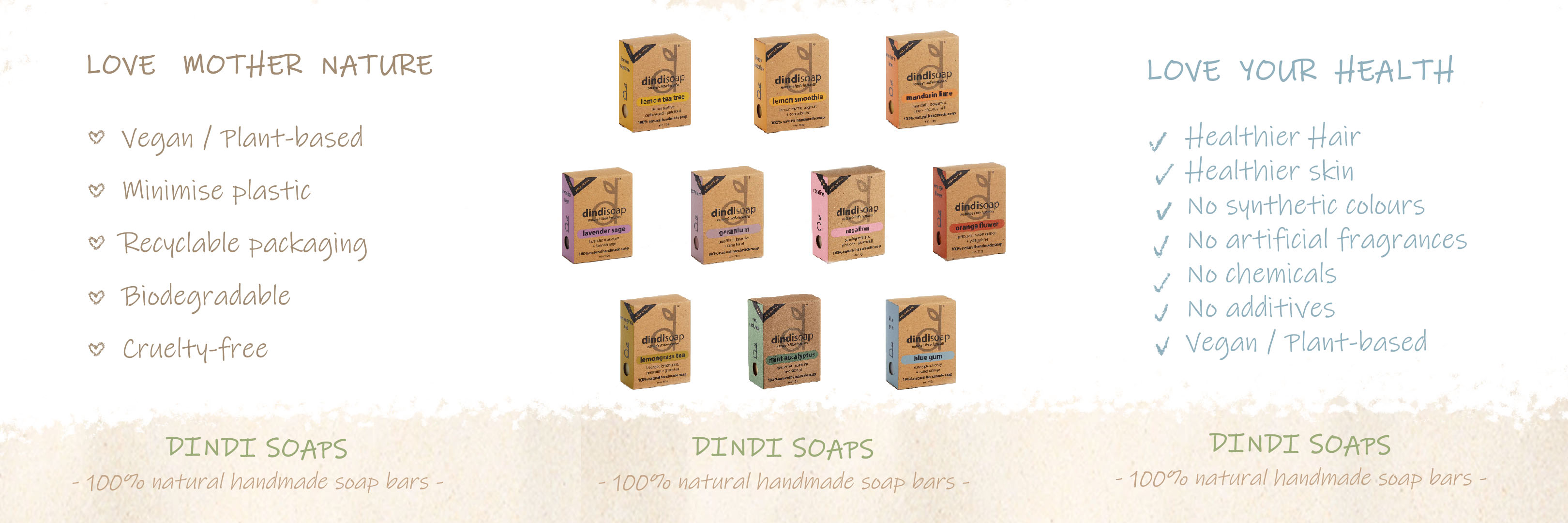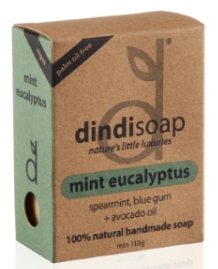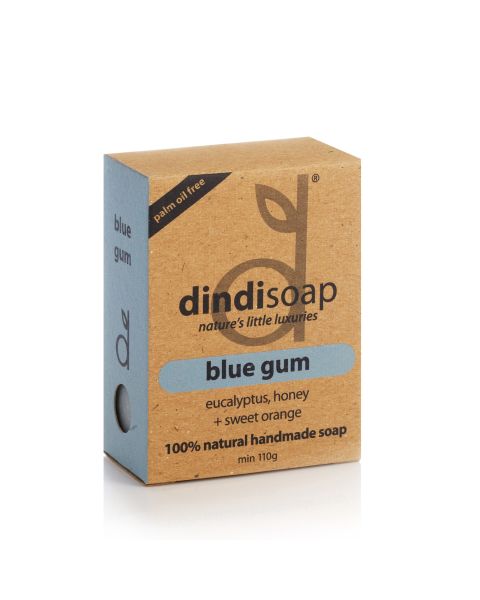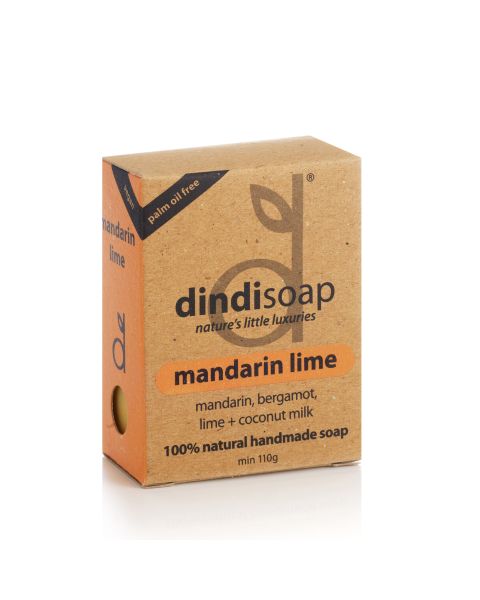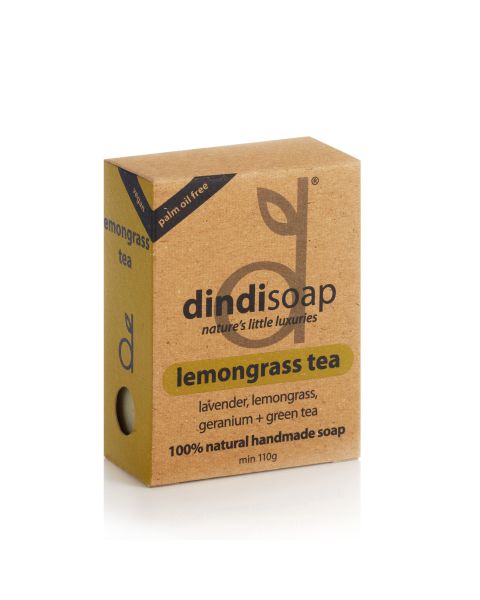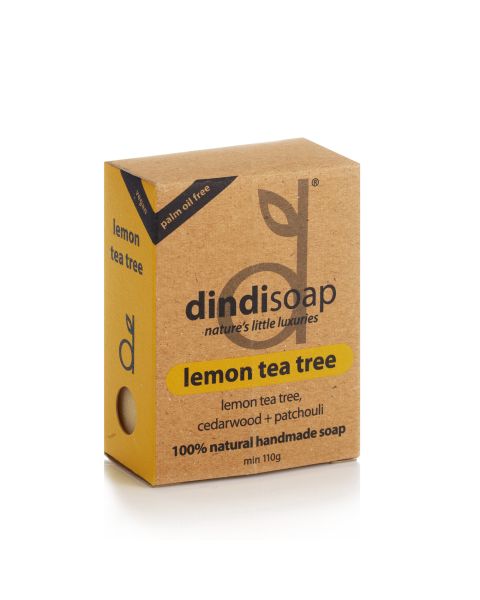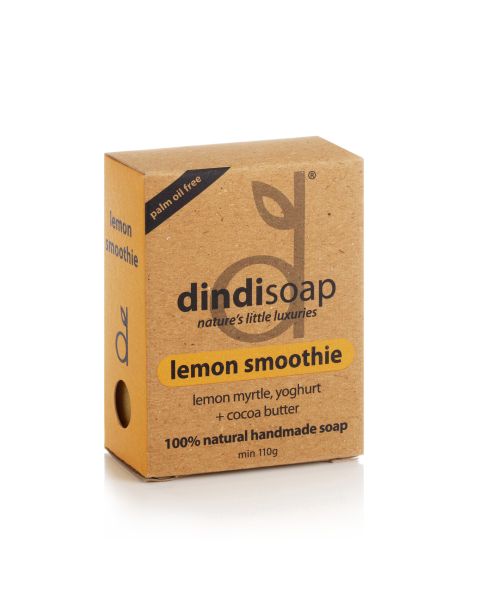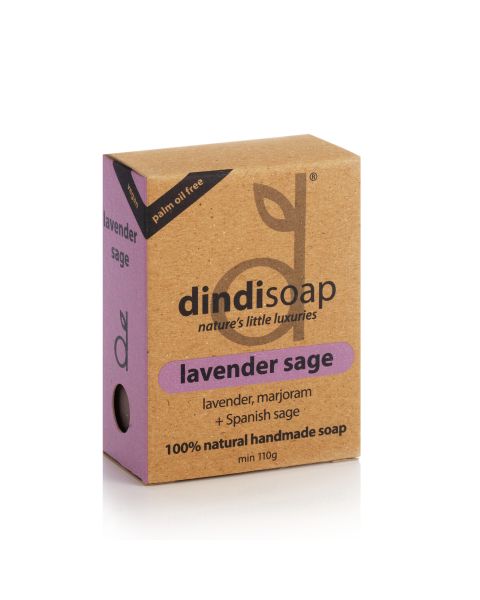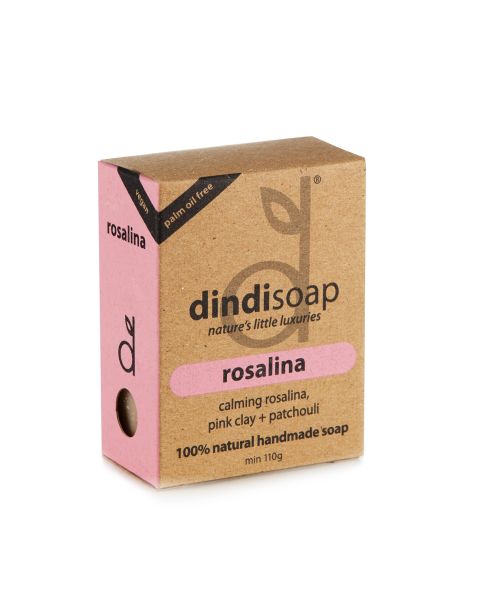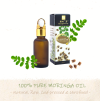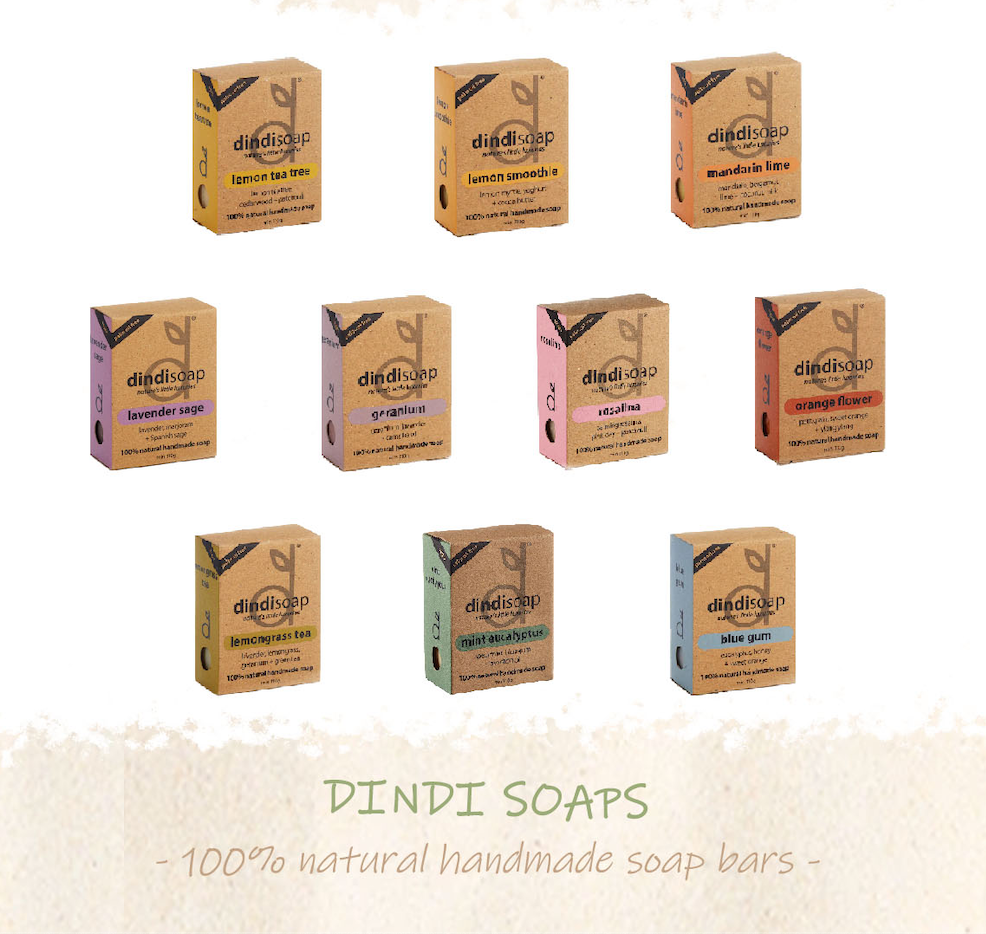
Conventional soaps vs 100% Naturally-made, Eco-friendly soaps
As you are here, about to read this article, we assume that you are also like us who love mother nature and health, and are committed to make a change in our lifestyle, either in baby steps, or fully embracing the green lifestyle, in return for all the love that mother nature has given us.
It is not just for us, our health and the environment, but also for the people that we love and care about, and for future generations.
There are so many ways that we can do as individuals in our everyday life, to help reduce, reuse and recycle products that we use daily.
Even if we can't do everything all at once, at least, we can support by using products that are being manufactured from companies that are committed to leave as little as they can, the impact they made while producing their products.
So, what is one product that we can’t live without? One product that we can’t avoid from using them on a daily basis is soap! Is this true for you as well?
There are so many varieties of soaps, and they come in many forms; bar soaps, liquid soaps, gel soaps, etc, and they have many uses too and come in many shapes, sizes, colours and fragrances. The one thing that all these soaps have in common is their usage - their cleaning properties, either for personal use on our body, laundry, dishwashing, household cleaning, our vehicles, or for commercial uses.
Conventional Soaps.
Most conventional soaps are made with harsh chemicals, synthetic fragrances and additives that could harm our health, and the methods of manufacturing them could harm the environment from the chemical used, the plastic packaging, carbon emissions, etc. Especially as our skins are porous, and the most absorbent part of your skin are the hair follicles and pores which are all over your body, therefore our skins can easily absorb these harmful ingredients.
Let’s talk about soaps that we used to clean our body, as skin is our largest organ with a total area of about 20 square feet, and made of water, protein, fats and minerals.Link 6
As we can’t avoid soap, especially during Covid-19 era, let’s take a look at conventional soaps vs 100% naturally made and eco-friendly soaps, and their effects on mother nature and health.
Harmful Ingredients Commonly Found In Conventional Soaps, And Their Effects To Our Body And Health.
In conventional soaps, the cleansing agents are usually artificially made detergents. The most common name we found is Sodium Lauryl Sulphate (SLS, also known as sodium laureth sulphate) because it is inexpensive, although it has been known to be harsh on the skin and may cause irritation.
All soap products need abrasives, known as alkalis, to 'scrub' away dirt, grease, and grime and these common ingredients found in conventional soaps are harmful to our health:-
|
Sodium Lauryl Sulphate |
This is a cleaning agent intended to eliminate grease but can cause skin problems such as extreme skin drying, skin itchiness and skin rashes. Link 3 It is also used to create lather. |
|
Parabens (methylparaben, propylparaben, butylparaben) |
Parabens are synthetic chemicals used in many soaps for their antifungal properties and serve as preservatives that extend the shelf life of the product. Unfortunately, they have also been linked to hormone disruption and cancer. |
|
Triclosan
|
Triclosan is the active ingredient in most antibacterial soaps, however, it has been cited that it could lead to problems such as infertility, obesity, and cancer. Link 5 |
|
Methylisothiazolinone |
It is a common and widely-used preservative that can be found in many cosmetic and soap products, even though it is known to be toxic to humans, and it may trigger allergic reactions. |
|
Sulphates |
Conventional soaps are made with detergents (sulphates) and this chemical strips the skin of its natural oils. Even though you feel “clean”, however, your skin actually dried out and starved for moisture. Link 2 |
|
Phosphates, phosphonates |
Used as enhancers, common additives to soften the hard water, thus enhances the cleaning power of the soaps. High-normal levels of phosphate in the blood are linked to a higher risk of cardiovascular disease. |
|
Artificial colours |
Tallow (oils from animal origins)Link 4, tetrasodium and other artificial colours are linked to eczema, allergies and skin irritations. Link 3 These colourants are given names and a number, such as Red #40 or Yellow #5. Link 4 Other colourants are dyestuff, chromium hydroxide green, carbazole violet. |
|
Artificial fragrance |
Artificial fragrance is highly toxic because the chemicals used are classified as allergens, hormone disruptors, asthma triggers, neurotoxins & carcinogens. One of the known chemicals in fragrance is phthalates, to make the scents last longer, but it exposes us to the risk of cancer, human reproductive and developmental toxicity, endocrine disruption, birth defects & respiratory problems. Link 19 |
Conventional soaps are not made with our health as the main priority as they need to be mass produced.
Impact Of Harmful Ingredients In Conventional Soaps To The Environment.
Other than the impact on our health, conventional soaps also impact our environment. How?
- Chemicals used can contaminate our earth and water quality.
- Deplete oxygen in the water that affects the microbes and fish. Link 10
- Non-biodegradable packaging causes significant harm to our environment.
- Dust pollution from mass producing soaps. Link 11
- Air pollution caused by chemical products from soap making.
The Goodness Of Soaps Made From Natural Ingredients That Are Sourced From Sustainable Suppliers.
There are many varieties of soaps that are made from natural ingredients, but are they sourced from sustainable suppliers without any of the harmful ingredients as listed above?
Let us introduce you to the Dindi Naturals bar soaps for our readers to consider using, as you will love them as much as we do!
Do you know that there are many microbes that live on our skin as they are necessary to promote healthy skin and protect our body from pathogens? If you disrupt the microbiota balance in the skin by using those synthetic soaps full of chemicals, for those who are having low immune system, you may expose yourselves to skin conditions like eczema, allergic contact dermatitis, rosacea, etc.Link 5
Dindi Naturals bar soaps are handmade in small batches by their highly trained team in their solar-powered boutique factory, located in the pristine, mountainous region of Murrindindi Shire, Victoria, Australia.
They use the highest quality and non-toxic natural ingredients, bio-active, palm oil free and cruelty free ingredients (vegan) that are gentle on both you and the earth. The natural products are sourced locally to reduce carbon footprints, with healing properties.

The Natural Ingredients In The Dindi Natural Bar Soaps And Their Positive Effects To Our Body.
Let’s take a look at some examples of the Dindi Naturals bar soaps, and what natural ingredients are in them and some of their properties.
|
Lemon tea tree soap |
Orange Flower soap |
Mint Eucalyptus soap |
- Lemon Tea Tree
- A fantastic cleansing agent, naturally; anti-microbial, anti-viral, antibacterial and antifungal.
- Uplifting citrus scent, with calming and sedative properties.
- Also assists in concentration, helps to clear and focus the mind.
- Olive Oil
- Rich in vitamins A, D, K, and E; antioxidants that fight free-radical damage, anti-inflammatory, and can aid in wound healing.
- Excellent skin moisturizer.
- Has anti-aging effects as it protects your skin from premature ageing and sun damage. Link 15
- Eucalyptus Blue Gum
- Has a multifaceted forest scent with hints of mint, honey, and citrus.
- Its analgesic qualities can soothe muscle pain and soreness.
- Has natural respiratory aid that helps to soothe sore throats and seasonal allergies.
- Macadamia oil
- Contains essential fatty acid that keeps our skin hydrated and healthy. Link 16
- Packed with squalene that helps reduce oxidative stress, protect skin and prevent wrinkles.
- Has high oleic, linoleic and palmitoleic acid that nourishes, moisturises and protects our skin barrier from damaging pathogens and dangerous environmental factors, and keeping your skin firm, just like collagen.
- Contains phytosterols, effective in reducing inflammation.
- Omega 3 and Omega 6 fatty acids that help sensitive skin to decrease the formation of rashes, reduce itchiness, and ease eczema and psoriasis sufferers.
- Sunflower oil
- 100% fat and contains vitamin E, an antioxidant and a fat-soluble nutrient that protects cells from free radicals and adverse effects of the sun, such as premature ageing and wrinkles.
- Its linoleic acid, commonly known as Omega-6, helps to maintain the skin’s natural barrier, supporting its ability to retain moisture and has an anti-inflammatory effect to protect skin against bacteria and germs.
- The oleic acid, a monounsaturated fat known as Omega-9, is beneficial for healing wounds faster. Link 18
- Shea butter
- Contains high concentrations of vitamins A and E, which promotes strong antioxidant activity, an important anti-aging agent.
- Restores the barrier between your skin and the environment, moisturises your skin and it doesn’t clog pores. Link 19
The Manufacturing Process To Ensure The Pure Nutrients Are Retained.
Dindi Naturals soaps include the entire plant profile, the same way it’s found in nature with its healing properties, and maintaining the high standards for the way the ingredients are extracted to ensure that the pure nutrients are retained and the plant compounds are fresh and clean; active, bioavailable and nutritionally dense.
The quality and quantity of botanical ingredients in Dindi Naturals soaps are potent and nutritionally compact, an essential food for your skin, and delivering pure skin nutrition that is easily absorbed and highly effective!
Not only that, Dindi Naturals soaps are packed in completely recyclable packaging.
Are Bar Soaps The Most Sustainable Soap Options?
Do you know that bar soap is generally considered the most sustainable soap option, as it uses 30% less water during production, and 10 times less of an environmental impact than liquid soaps?
Supporting products from companies that practise green manufacturing processes, and using sustainable and recycled cardboard or paper packaging that disintegrates faster than plastic liquid soap containers is vital because it reduces carbon footprint, eco-toxicity, ozone depletion potential, and eutrophication potential.
Most importantly, most natural soaps create no toxic waste and byproducts and require a minimal amount of energy in the production process; thus, they are more compatible with nature!
Well, what are you waiting for? Now is a good time to make the switch! Once you try Dindi Naturals soaps, you will love them as much as we do!
Check out the Dindi Naturals soap here
.
.
.
.
.
Sources:-
- https://www.dindinaturals.com.au/blogs/news/not-all-natural-beauty-products-are-created-equal
- https://somewhatorganic.com/ourblog/reasons-to-get-rid-of-conventional-soap/#:~:text=Conventional%20soaps%20are%20made%20with,derivative%20of%20the%20soapmaking%20process.
- https://www.natures-glory.com/blogs/news/organic-castile-soap-versus-regular-commercial-soap-know-the-differences
- https://rough-beauty.com/blogs/news/5-differences-between-natural-and-synthetic-soaps
- https://pureandgentlesoap.com/conventional-soap-bad-for-the-environment-and-bad-for-your-skin/
- https://my.clevelandclinic.org/health/articles/10978-skin#:~:text=The%20skin%20is%20the%20body's,sensations%20like%20hot%20and%20cold.
- https://en.wikipedia.org/wiki/Soap
- https://www.insider.com/guides/health/how-to-make-soap-at-home#:~:text=There%20is%20no%20heating%20involved,as%20little%20as%20a%20week.
- https://www.insider.com/guides/health/does-soap-expire
- https://greenvita.com/en/2019/09/09/environmental-impact-soaps-detergents/#:~:text=These%20substances%20act%20as%20algae,imbalances%20in%20lakes%20and%20rivers.
- https://www.tandfonline.com/doi/pdf/10.1080/00022470.1967.10469009
- https://www.ncbi.nlm.nih.gov/pmc/articles/PMC8272010/
- https://www.epa.gov/sites/default/files/2020-10/documents/b06s08.pdf
- https://www.ewg.org/skindeep/ingredients/705807-SAPONIFIED_OLEA_EUROPAEA_OLIVE_OIL/
- https://www.byrdie.com/olive-oil-for-skin
- https://kadeebotanicals.com/blogs/news/4-benefits-of-macadamia-oil-for-your-skin
- https://www.healthline.com/nutrition/is-sunflower-oil-healthy
- https://www.healthline.com/health/beauty-skin-care/what-is-shea-butter
- https://www.forceofnatureclean.com/truth-about-toxic-fragrances/





